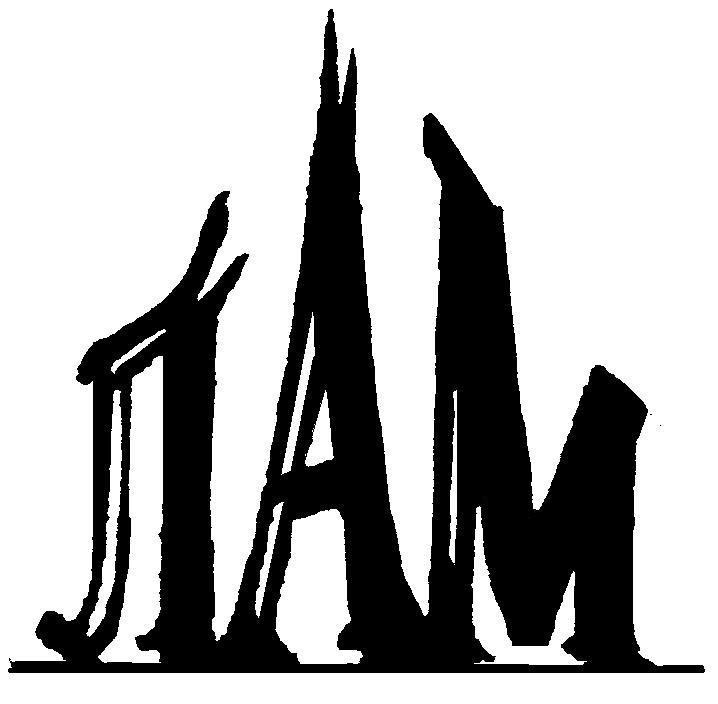

The Humanitarian Situation in the Chechen Regions of Shatoi, Sharoi and Itum-Kale
SHATOI, March 1, 2001 – In recent weeks, the situation in the mountainous regions of Chechnya has to some degree stabilized. There are now local militia members and police officers stationed at check points, which allows residents to travel on the roads with some degree of security.
During the last three months in the aforementioned regions, there have been no incidents of civilians being injured by landmines. However, in mid-February there was an artillery attack against the village of Nizhny Dai. A family home was destroyed in the attack and a teenager was injured. The attack occurred during the night. Later that month a similar attack on the village of A. Sheripovo left a number of houses damaged. That attack started a severe fire, and a large area around the village burned for several days. Most of the vegetation in the area was damaged or destroyed.
Residents of these mountainous regions lack work; only a very small percentage of residents have jobs in republic or local government organizations. The only means of survival for the vast majority are their private gardens and small-scale trade. Those who have jobs are paid irregularly.
Pensions are being paid regularly, and now they are even beginning to give out back payments owed from previous years. In January of 2001, pension payments for the month came together with back payments from October and December of 1999.
Living conditions for the vast majority of residents are very poor, especially in the regional capital of Shatoi and in the villages of Ulus-Kert, Yarysh-Mardy and Zony. No one lives in Yarysh-Mardy or Zony any longer – they have become ghost towns. In the other towns, people have made half-destroyed houses more or less livable or live with relatives. There is no assistance available for rebuilding destroyed houses; back in 2000, the government provided a few tents. The living conditions are worst in the Itum-Kalinsky and Sharoisky regions. Nothing is left of the regional capital of Itum-Kale except ruins and piles of trash. Several buildings were simply wiped off the face of the Earth. Most residents fled to the Akhmetov region of Georgia. Although in general it is much safer to travel between villages in the mountainous areas than in the plains, there is no means of transportation, and these villages are between 15 and 50 kilometers apart. There are only a few locations in which roads are closed.
A high voltage power line leading to the Shatoi region has been built, and a few villages now have electricity. In the other villages, work on repairing and replacing power lines is in full force. There is no gas service in these regions and there never has been.
Residents are faced with a serious lack of clothes, especially warm clothes. Humanitarian assistance almost never reaches these regions. Occasionally some food is brought in and distributed. It takes a tremendous amount of resources to organize a humanitarian convoy. All humanitarian aid to the region comes through international humanitarian organizations, the Russian Ministry of Emergency Situations has not provided any assistance.
According to a public health expert, the sanitation conditions in these regions are deplorable: not a single source of sanitary drinking water. Sanitation services find it very difficult to travel between mountain villages.
All three regions used to be served by a single, 120-bed hospital in the city of Shatoi, which at the present time is being used as a base for Interior Ministry Forces. The regional hospital now operates out of a private home, and patients are often cared for either outside or in tents. There are not enough doctors and patients often go untreated.
In the other two regions there are officially clinics staffed by medical
assistants and midwives, but these clinics are essentially inoperative
due to lack of heat, equipment and medicines.
On February 9, 2001, the Deputy head of the [Russian-imposed] Chechen
Republic administration in an interview with “Free Chechnya” Radio said
that residents of the Itum-Kale and Sharoi regions can be treated in the
well-equipped Shatoi regional hospital. In reality, there is no such hospital
and treatment is not available.
In these conditions it is impossible for even primary education to operate normally. In the city of Shatoi, children “study” in unheated tents. The school building has been completely destroyed, and the boarding school, which might also have been used to hold classes, is being used by the region’s military commander. In every village of the three mountainous regions the conditions necessary for education simply do not exist. The most serious problem is the lack of heat. Schools have enough textbooks, but the teachers have not been paid for a long time.
Villagers go to the market to get the latest news, since television and radio have not worked in the villages for a long time and newspapers are not available in this area.
The author lives in Shatoi.